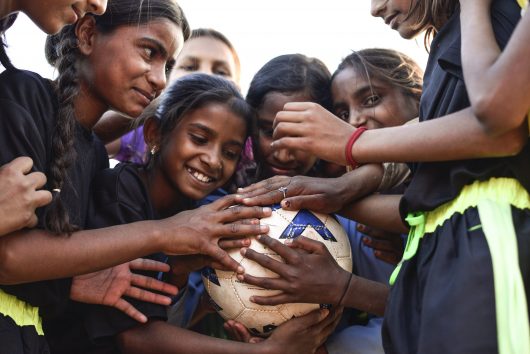VGEL Builds Vocational Education in Rajasthan

The Rajasthan government and the Rajasthan Skill and Livelihood Development Corporation (RSLDC) have agreed to partner with Virtual Global Education Ltd. (VGEL) in aiding unemployed youth by providing vocational education in Rajasthan, specifically in the cities of Gudha, Toonga, Reengus, Pipar City, Palsana, Kotputli, Bhopalgarh and Jodhpur.
The initial stages of the program are set to reach out to at least 6,000 unemployed youth in the first phase, but it is hoped to reach more than 25,000 by the end of this financial year. This first phase will offer training opportunities in business process outsourcing, nursing, telecommunications, accounting, renewable energy branches, business and finance.
RSLDC has partnered with career development programs similar to VGEL in the past. These programs include the Employment Linked Skill Training Program (ELSTP). The program provides students between the ages of 18 and 35 with a number of job training courses in the fashion, hospitality and marketing industries.
For years, school enrollment and child labor restrictions have been a contentious issue in India’s rural northwestern states, including Gujarat, Maharashtra and Rajasthan. These states are the country’s largest producers of cotton and rank among the highest for the proportional share of children aged five to 14 engaged in child labor in India.
According to the most recent region-specific data collected in 2011, roughly 66% of Rajasthan citizens are literate. Of the population, 79% of men and 52% of women are able to read and write. While these rates show improvement from the 60% recorded in 2001, they are still short of India’s national literacy rate of 69%.
In response to the Right of Children to Free and Compulsory Education Act passed in 2009, education in Rajasthan has undergone rigorous reform. Among initiatives to improve learning conditions for rural public schools, education officials have called for the implementation of vocational programs in order to increase students’ chances of finding employment in a variety of industries.
– Casie Wilson
Photo: Flickr
